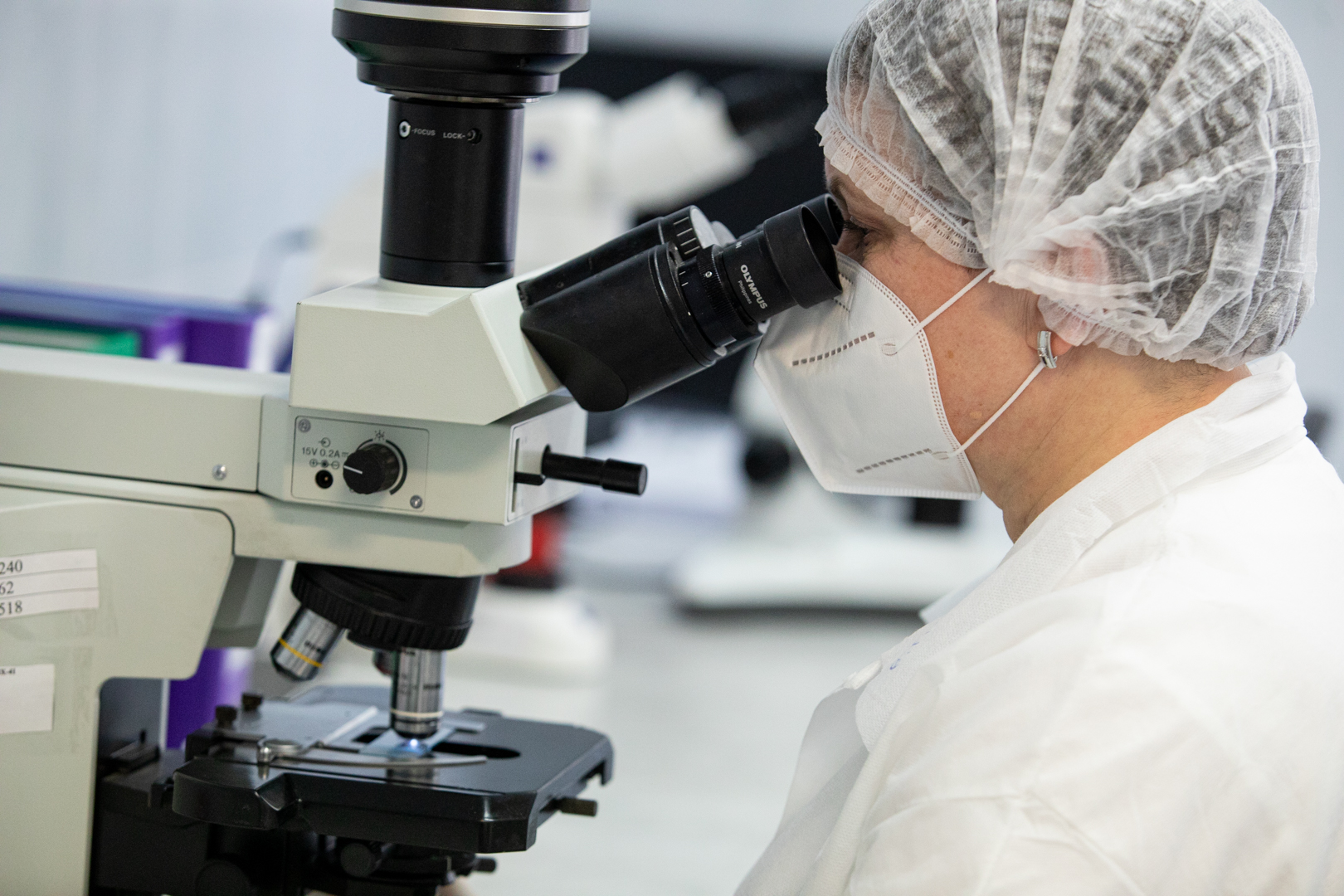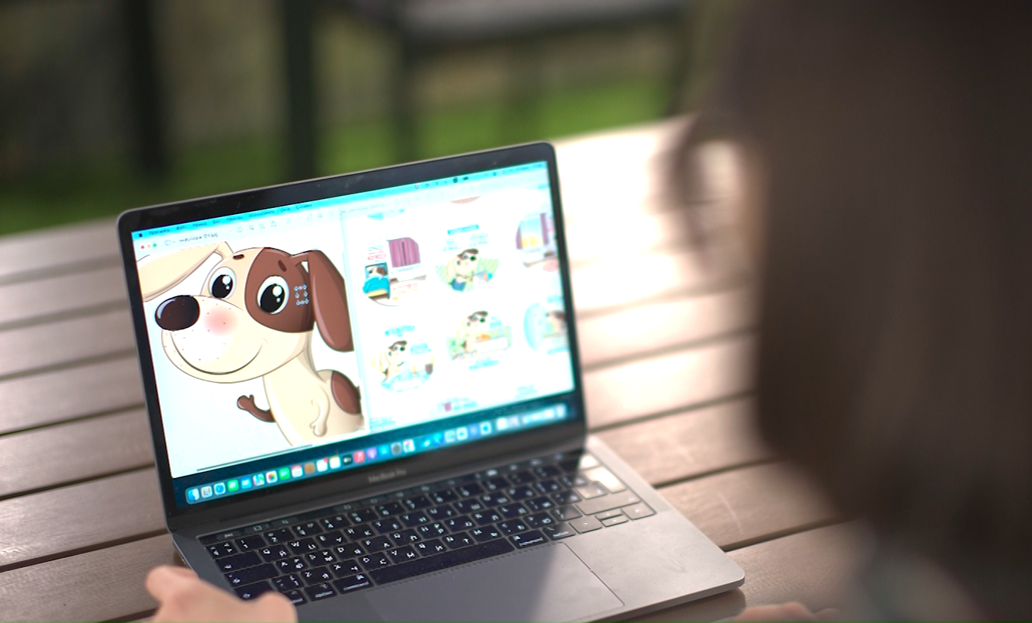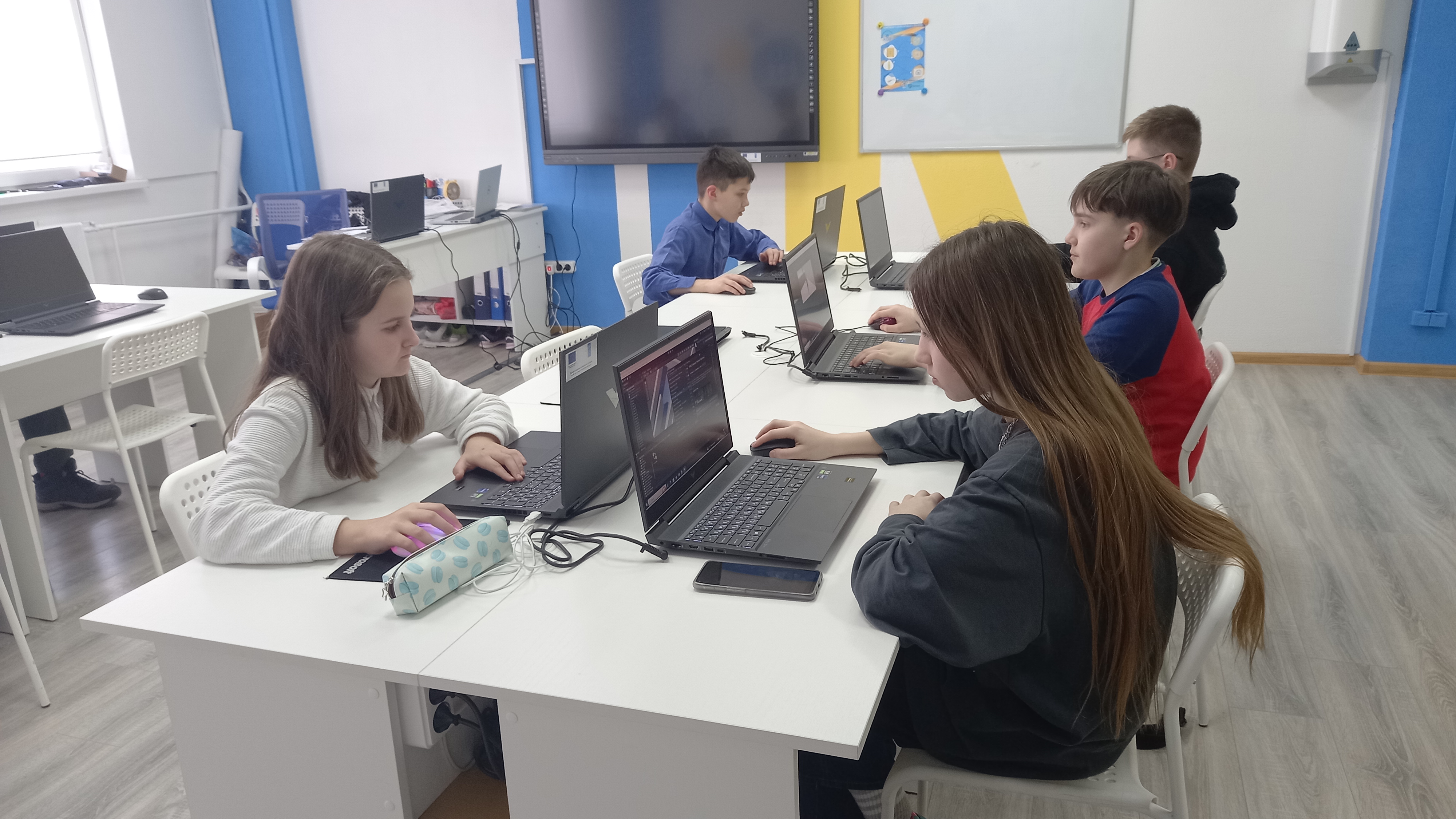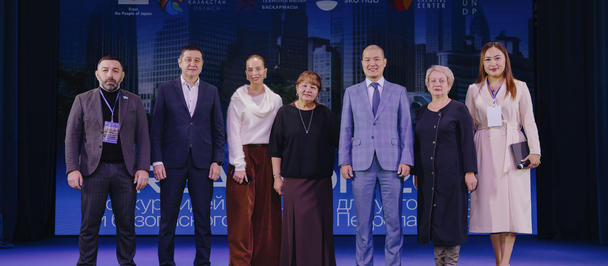Innovations for human development is the third article in the UNDP Belarus’ series where we talk about the work we do with the national partners to ensure that people in Belarus have capabilities to harness the potential embedded in the new uncertainties.
Innovation
March 29, 2023

Multiple, complex crises caused human development to go in reverse for two years in a row. The complex of novel uncertainties and emerging threats are corroding the lives of people worldwide. To double down on human development, it is important to employ investment, insurance, and innovation (3Is). These three enables are powerful tools to tap into people’s creative and cooperative potential and move forward towards recovery and development.
Innovation sparks learning and creativity within communities and industries making them more open and responsive towards transformation and change. In 2021, UNDP in Belarus launched the Accelerator Lab (AccLab) – an innovative unit with a capital aim to generate knowledge and apply learning to design and pilot innovative solutions for development. The journey of the AccLab began with new, cross-cutting ideas in digital development, green and smart cities, innovations in regional entrepreneurship, gender equality and support to vulnerable groups.
Urban communities constitute 78 per cent of the population in Belarus. Urban areas are expanding fast and driving more people to cities and towns. This creates opportunities for UNDP to collaborate with the national and local partners on complex and innovative solutions in green urban development. These solutions are designed to benefit both urban communities and environment. The Accelerator Lab runs a portfolio of experiments to test smart solutions for sustainable cities building on the national “Smart Cities” initiative”.
With UNDP’s support 180,000 residents of Polotsk and Novopolotsk towns can now take the advantage of a new safe and green mobility infrastructure. Bike lanes and innovative traffic patterns help create better conditions for all urban communities to move around, minimize air and noise pollutions, reduce likelihood of road accidents by 40-80 per cent.

An animated pet dog named Druzhok helps resident in multistore buildings in Novogrudok to embrace energy saving behaviour.
In the town of Novogrudok, the AccLab encourages responsible consumption of water and energy among residents of multistore buildings though running a creative and engaging information campaign.
Using a digital tree counting app youth volunteers are monitoring the condition of green areas in the town of Korma.
In Pinsk, Novogrudok, Novopolotsk and Korma towns the pilots help local municipal services to advance in smart solid management of solid waste, encourage local people to work with towns’ administrations in monitoring and expanding urban green areas through digital solutions and advanced urban territories planning.
Innovative approaches towards gender equality helped design policy recommendations on how to encourage girls and women in STEM. The AccLab explored the possibility of behavioural insights for improvement of girls’ enrollemnt in STEM education in Belarus and devised eight practical solutions for girls and their families. In Molodechno city, UNDP supported the establishment of the Programming and Robotics Center that will bring new opportunities for children in regional Belarus to master knowledge and skills in STEM fields.

The Programming and Robotics Center «ROBO&Kod» provides 135 children with an opportunity to try various IT professions and choose future career.
Belarus is well-positioned to pursue this digital transformation with 85,1% of population being internet users. In 2021-2022, UNDP supported 72 people-focused digital solutions for local economic development and entrepreneurship, smart and green urban development, ecotourism, and nature protection. They reduce disparities in living standards by ensuring access to products and services; promote local unique value propositions to attract customers and investors; capacitate local initiatives for scaling-up and attracting investments; enlarge local business communities in the regions; improve data collection and management for urban administrations.
UNDP brings together people, the government and the business sector to co-create and invest in integrated local development solutions that speak to communities’ needs and opportunities. Innovative initiatives to support local entrepreneurs, social enterprises and clusters were implemented in 23 Belarusian districts.

In Kobrin, innovative technologies help farmers develop their business. The Goldenberry enterprise uses the micropropagation for growing blueberries. This method allows to grow high-quality planting material quickly.
Advanced technologies such as micropropagation of plants and technologies of precise farming increase the efficiency of local agricultural producers. Augmented reality for surgery, new approaches for early diagnosis of children’s developmental disorders and treatment of gynecological diseases with radiowave surgery increase quality and accessibility of medical services in the regional Belarus. UNDP supports social innovation such as Red Cross’ recruitment agency for people with disabilities and other groups in Brahin to reduce income vulnerability.
Embedding innovation in development multiplies benefits for the people and the planet. This approach is anchored with the national programmes and strategies on green transition, digital transformation, gender equality, support of the private initiative and other frameworks.

 Locations
Locations



